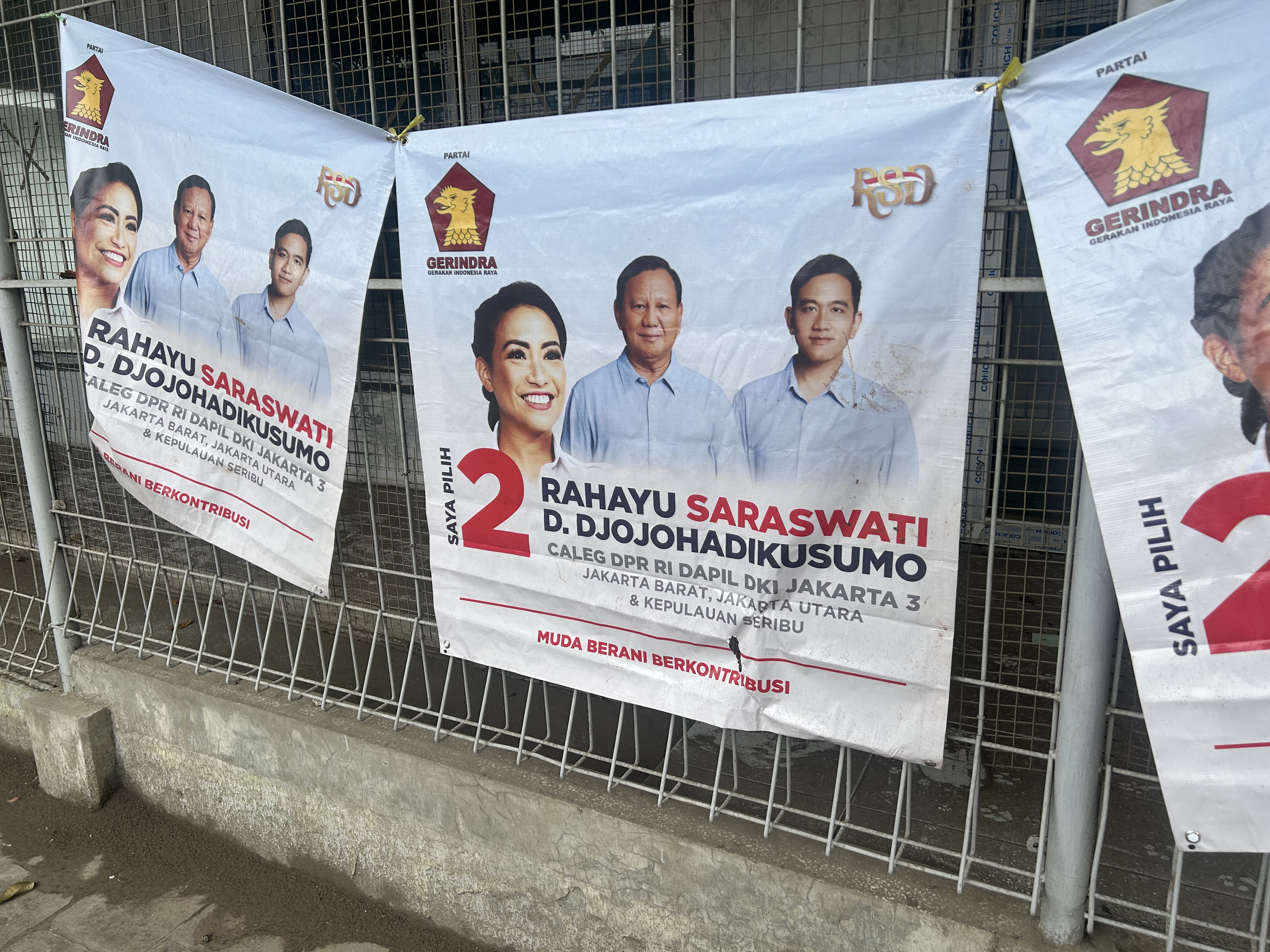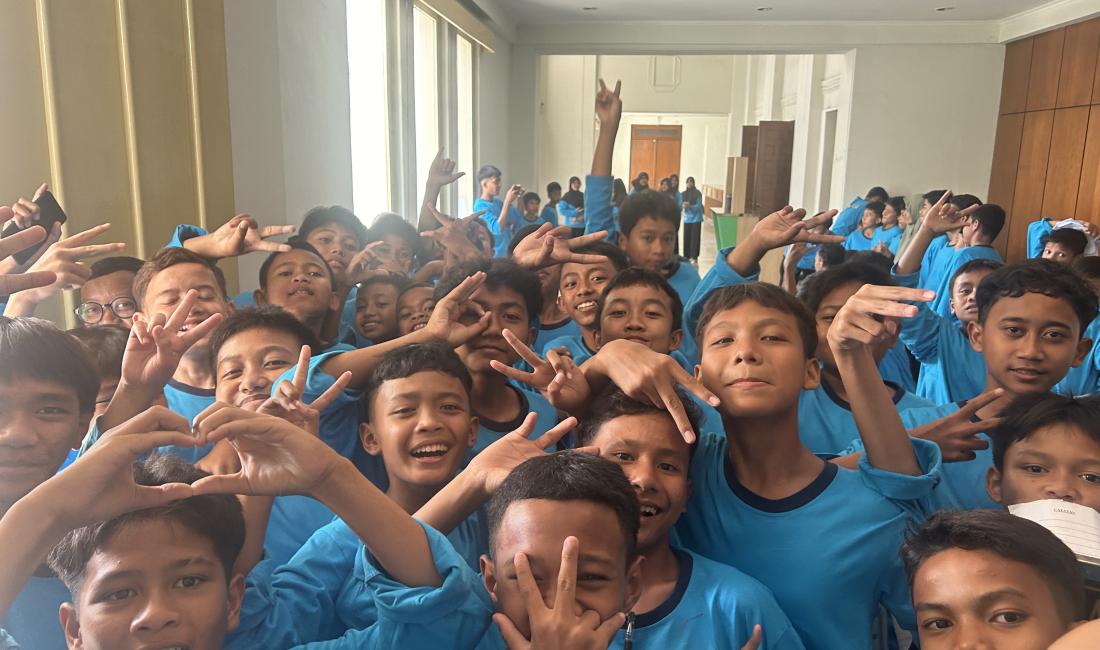This is the first issue of our weekly newsletter. If you haven’t signed up for this newsletter, you can do so here.
WELCOME TO DEMOCRACY LOCAL. I’m Joe Mathews, a California-based journalist who has reported on local democratic practice around the world for the past 15 years. And this is the first email newsletter of Democracy Local, a new planetary publication devoted to—you guessed it—local democracy, defined as “everyday people governing themselves.”
DO YOU LIVE IN A DEMOCRACY?
How democratic is the place you live?
The answer, to borrow a line from the late Chinese premier Zhou Enlai, is that it’s too soon to tell. We don’t have the data yet.
Yes, I can hear you howling about all the different rankings produced by organizations from Freedom House to V-Dem, or Varieties of Democracy, the Gothenburg, Sweden-based institute.
The problem is that these rankings are comparisons between nations. This is not an uninteresting question—is your nation-state or mine a more democratic place?—but it misses the essential reality of democracy.
And that reality is: democracy is practiced, and truly lived, at the local level.
So when you’re asked whether you live in a democracy, you might do well to think first of your own local community or municipality, rather than your nation.
Indeed, the most profound differences in democracy are often found within nations, not between them. Those differences have grown with the rise of political polarization. Some cities and subnational regions are increasing democratic rights and participation, while others are restricting such rights and practices.
To take just one example: the cities of Istanbul and Izmir are innovative and robust local democracies, while Gaziantep, the biggest city in southeastern Turkey, is experiencing severe democratic repression from a national government and subnational authorities afraid of its ethnically Kurdish people.
Learning from the democratic differences between our local communities, all over the world, is a central mission of Democracy Local and this newsletter. But it’s hard to find these lessons. There is too little data and discussion, too few measures of democracy at the local level, and not nearly enough connection between the world’s local communities and their democratically-mined people.
This week’s newsletter highlights work to make those connections, and to find the data and stories so we can compare and learn.
THE HARDEST DEMOCRACY DAY OF THE YEAR.
I just got back from a week in Indonesia, which holds the world’s biggest one-day election on February 14.
That’s right. While India requires a month to vote, Indonesia does all its voting, on all offices, at every level (national, regional, local), on just one day. There’s even a requirement that votes be counted by sunset. The fact that voting takes places during the rainy season doesn’t make things easier.
So, say a prayer for Indonesia’s poll workers—and for Indonesia’s local democracy.
In Indonesia, media coverage of the elections has focused on ways in which the outgoing president Joko Widodo, who is termed out, is using his powers to boost his own party’s presidential ticket, which includes his defense secretary as the presidential candidate and his own son as vice presidential candidate.
But the more important story is the way that Widodo’s moves are undermining local democracy. Since the end of its dictatorship 25 years ago, Indonesia has grown more democratic by decentralizing power to local and regional elected leaders, and to participatory processes. But Widodo’s ambitious administration has undermined democratic decentralization by replacing elected regional leaders who resign or are forced out with loyalists, many of them drawn from the military or intelligence services. In these elections, some of those loyalists are now themselves running.
We’ll have more on this story soon at Democracy Local.
THE DEMOCRACY COLUMN
Among Democracy Local’s regular offerings is the Democracy Column. So far, that column has takem readers to:
• Vancouver, Canada, where Sikhs are voting locally in a global referendum on independence for the Punjab.
• Athens, Greece, for the launch of an effort to create lottery-based assemblies of everyday people to help govern Europe and its cities.
• Taipei, where local neighborhood wardens, lobbied directly by China, found themselves on the front lines of the first elections of the biggest election year in history.
Look for future columns from South Korea, Indonesia, and Ireland.
ASIA DEMOCRACY CHRONICLES
Democracy Local is pleased to partner with Asia Democracy Chronicles, which produces original, must-read stories from the continent that is home to more than half the world’s people.
This week, you should take a look at two ADC reports on repression: India’s use of an old law to arrest people for democratic participation, and the abduction and forced disappearance of activists across the Philippines. And if you missed it over the holidays, please check out this piece about local district council elections in Hong Kong.
DEMOCRACY DATA NEWS
The best way to compare how local communities are doing the work of democratic self-government is to ask local people. Now one of the oldest civic organizations in the United States, the National Civic League, and its new Center for Democracy Innovation, are doing just that. Matt Leighninger, director of the center: sends this word:
As part of the center’s Democracy Innovations for Better Public Meetings project, it’s rolling out a new tool, the Engagement Scorecard, to help residents rate public meetings and local democracy overall. Based on interactive, tag-based systems like Yelp and RateMyProfessor, the Scorecard gives people a fast, convenient way to give input through their phones and other devices.
It has three segments, each one a single screen on a phone or other device, which will:
1. Allow people to rate the engagement efforts of public institutions – both the typical meetings and more innovative attempts to interact with residents;
2. Measure how informed, connected, respected, and supported people feel, in a way that emphasizes the value of engagement as a community-wide, cross-institutional priority; and
3. Collect demographic information using the same tag-based system.
The information will give local leaders a sense of how to improve participation and equity, and can be combined with data gathered from many other civic measurement tools.
RESEARCH ON UNEVEN DEMOCRACY:
What new work are scholars doing on local democracy?
“There is ample evidence that democracy does not spread evenly within countries,” write the Chile-based political scientists Carla Alberti and Diego Diaz-Rioseco, along Igancio Riveros Godoy of the University of Southern California in a smart new academic paper. They examine the different democratic impacts of Chile’s Fondo Comun Municipal, the most important grant program providing money to Chilean municipalities.
England may be cracking up, but its local communities are cracking up in very different and instructive ways. A recently published doctoral thesis, from Samuel Shorto of the University of Southampton, looks deeply at English local elections “using a huge dataset of ward-level electoral and demographic data.” The paper demonstrates “the true heterogeneity of the fragmentation of English electoral politics, with local systems fragmenting to different extents and at different rates to one another.” It also says that demographics or national political trends don’t really explain the differences. Local context matters.
COMING EVENTS
• That great free and public event, the Global Forum on Modern Direct Democracy, is back this spring, May 15-18 in Bucharest, Romania. The Democracy Local team will be there to cover the conversations and collaborations—and you can join us, by registering now at 2024globalforum.com.
• Democracy Local is planning its second public event, in an inaugural series comparing two cities. Bogota and Barcelona are the next two cities in the spotlight. If you missed our first event, last fall’s comparison between Belfast and Los Angeles on the question of “how you govern a divided city,” you can watch it here.
WHAT WE ARE WATCHING: WAITING IMPATIENTLY
The third season of the best fictional entertainment on local democracy still in production—Panchayat, an Indian comedy—is supposedly done. But Amazon Prime and other streaming services are still holding onto it. This newsletter can’t wait to catch up with the engineering graduate Abhishek, who ends up as the local secretary of the remote village of Uttar Pradesh, and must deal with issues including toilets, solar power, and haunted trees.
CONGRATULATIONS…
..,to Vienna for being named the European Capital of Democracy for 2024-25. It will take over the inaugural capital Barcelona, which still has several more months of a remarkable array of democracy events. You can check out the schedule here.
DEMOCRACY TYPOLOGY OF THE MONTH:
“Wild Democracy.” People love to put an adjective in front of the word democracy, and coin a new typology. The University of Pennsylvania professor Anne Norton, has done just that with her provocative book Wild Democracy, which argues that democracy has become too tame and needs a strong dose of anarchy to revive itself. It’s available via the Oxford University Press
WORDS OF INSPIRATION.
“In the true democracy of India, the unit is the village.” — Mahatma K. Ghandi.
WE WANT TO PUBLISH YOUR STORIES. Do you have a story, an idea, data, or other content to share with Democracy Local? Anyone earth can contribute their thinking to Democracy Local. Please feel free to contact Joe Mathews at joe@democracylocal.com
WANT TO DONATE? Democracy Local is available free, but it needs resources to report, publish, and translate stories into all relevant world languages. If you want to contribute, or know someone who does, please email joe@democracylocal.com




